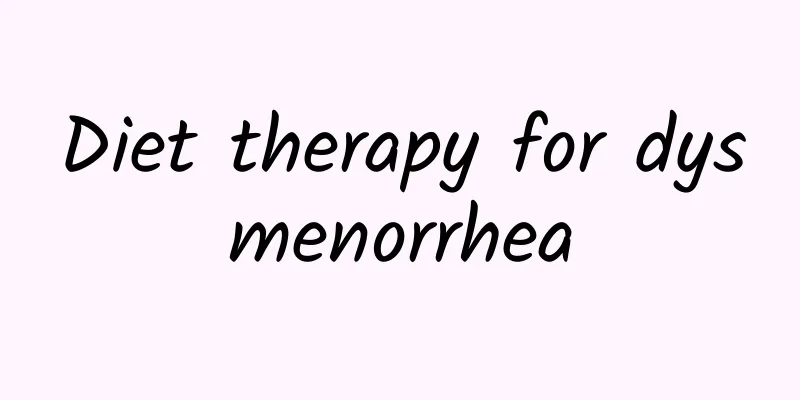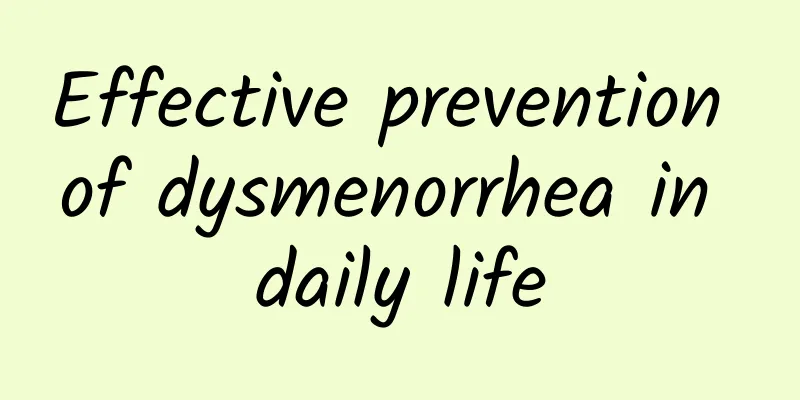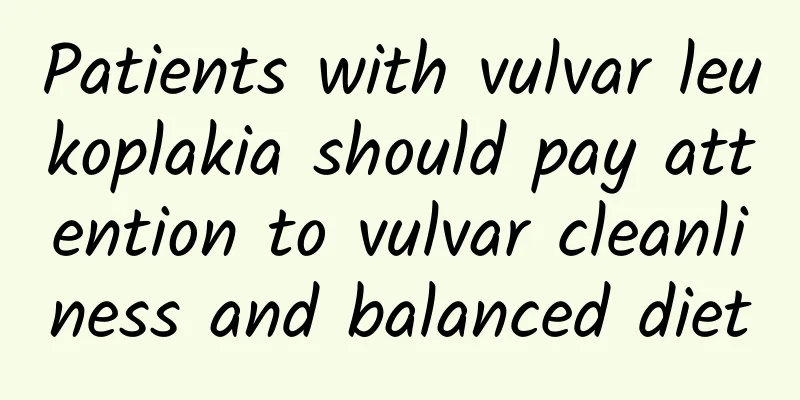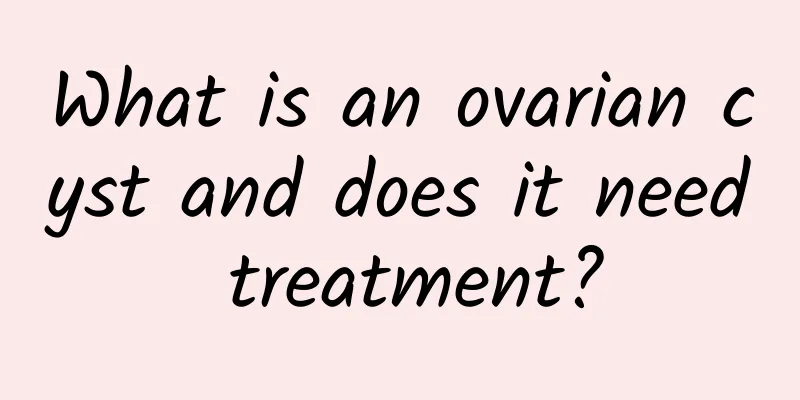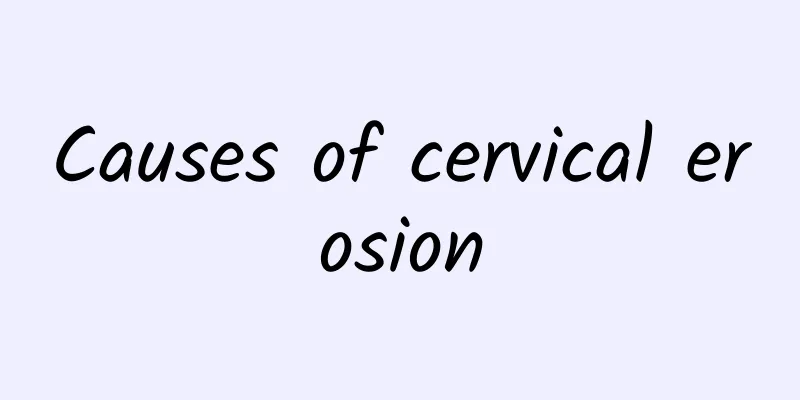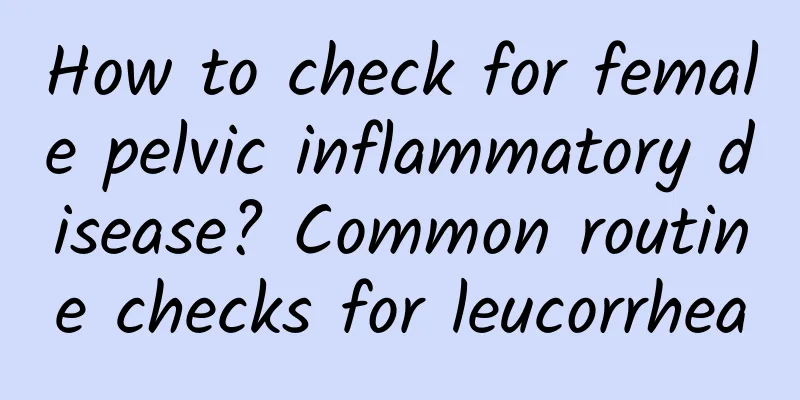Four important dietary taboos for bacterial vaginosis
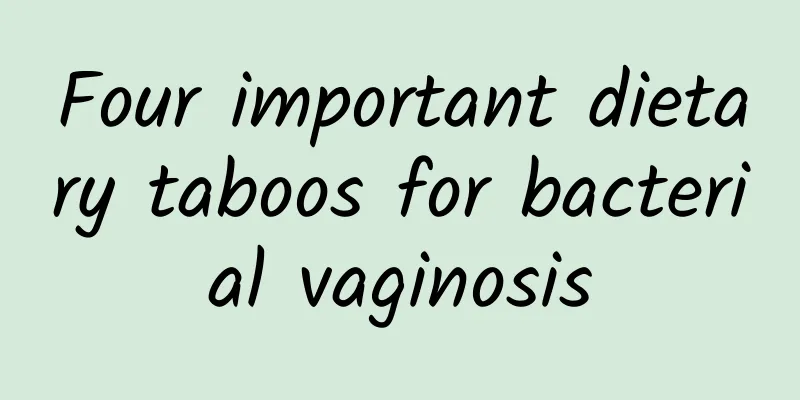
|
After suffering from bacterial vaginitis, female friends should pay special attention to their diet. Some foods need to be prohibited, which will have a great adverse effect on the condition and may cause the condition to deteriorate rapidly. What are the common dietary taboos for bacterial vaginitis ? The following is a list of common dietary taboos for bacterial vaginitis. In general, common dietary taboos for bacterial vaginosis are: 1. Avoid spicy food: Spicy food (chili, ginger, onion, garlic, etc.) can easily cause dryness and heat, which can cause internal heat toxins to accumulate, resulting in swollen and painful gums, sores in the mouth and tongue, short and red urine, burning sensation in the anus, itchy pain in the front and back of the vulva, etc., which can aggravate the symptoms of this disease. This is a common dietary taboo for bacterial vaginitis. 2. Avoid irritating seafood: Fishy foods, such as mandarin fish, yellow croaker, hairtail, black fish, shrimp, crab and other aquatic products can promote damp heat, and after eating can aggravate vulvar itching, which is not conducive to the disappearance of inflammation. Therefore, people with bacterial vaginitis should avoid eating these foods. 3. Avoid sweet and greasy food: This is also a common dietary taboo for bacterial vaginitis. Greasy food such as lard, fatty pork, cream, butter, mutton fat, etc., high-sugar food such as chocolate, candy, desserts, cream cakes, etc., these foods help to increase moisture and heat, increase the secretion of leucorrhea, and affect the treatment effect. 4. Avoid smoking and drinking: Smoking can aggravate bacterial vaginitis. This is because the nicotine in tobacco can weaken the binding force between arterial blood and oxygen, and alcohol can promote dampness and heat. Therefore, the diet of people with bacterial vaginitis should be taboo. Similarly, foods containing alcohol, such as fermented rice wine, medicinal wine, etc. should not be consumed. The above is an explanation of the common dietary taboos for bacterial vaginitis. I believe everyone should have a certain understanding of this. If you have any questions about the diet for bacterial vaginitis, you can consult our online experts, who will answer them very seriously. |
<<: Explain the important pre-abortion inspection preparations
>>: Introduction to two common symptoms of pelvic inflammatory disease
Recommend
Treatment costs for congenital absence of vagina
How much does it cost to treat congenital absence...
Can you still get pregnant with uterine fibroids? What should you pay attention to when you get pregnant with uterine fibroids?
What are the precautions for pregnancy with uteri...
Symptoms of abnormal increase in vaginal discharge
Abnormal increase in vaginal discharge may be cau...
What items should be checked for scanty menstruation
Low menstrual volume may be caused by many factor...
Avoid long-term obesity. Six months after childbirth is the golden period for weight loss.
Postpartum women are eager to lose weight because...
Bicycles become the new favorite exercise and a highly effective way to lose weight
Jogging has become a sport that women engage in t...
What does the endometrial thickness of 0.2 mean?
An endometrial thickness of 0.2cm usually means t...
Four common advantages of painless abortion
Nowadays, many female friends will choose painles...
What is the best way to warm up? The difference before and after exercise
In 2013, the most popular sport for Taiwanese peo...
Will ovarian cyst surgery affect pregnancy?
Will ovarian cyst surgery affect pregnancy? Gener...
Nursing measures for pelvic peritonitis
There are many types of pelvic peritonitis. Women...
Study: Eating chili peppers can help you lose weight and capsaicin burns fat
The bright red peppers are not only eye-catching ...
Can women eat yam after abortion? Women should pay attention to 4 things after abortion
Abortion is a common method of terminating pregna...
Can habitual miscarriage be treated?
With the development of modern society, women hav...
Experts explain what to pay attention to after painless abortion
Many female friends may be familiar with painless...
